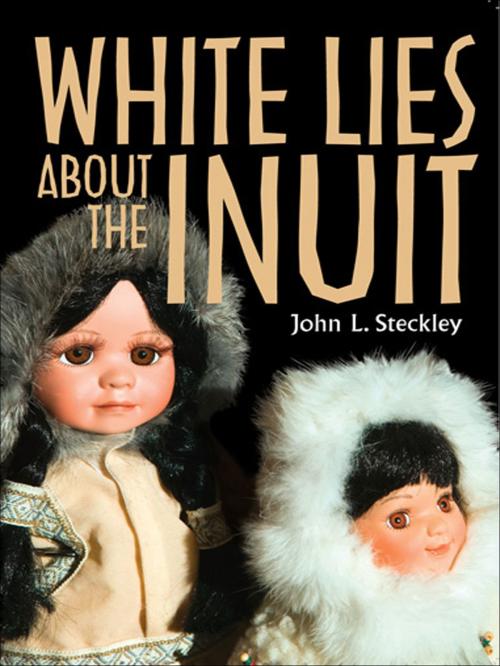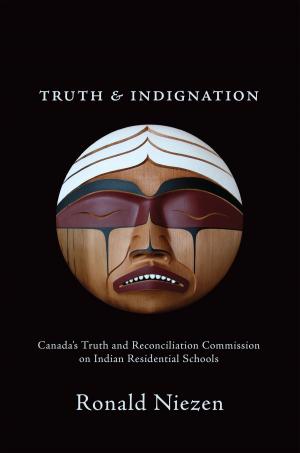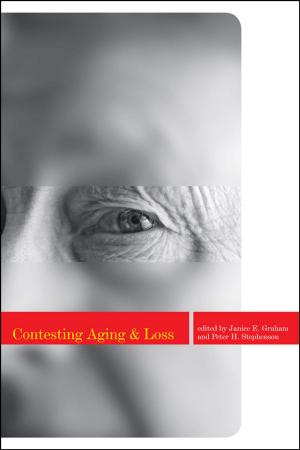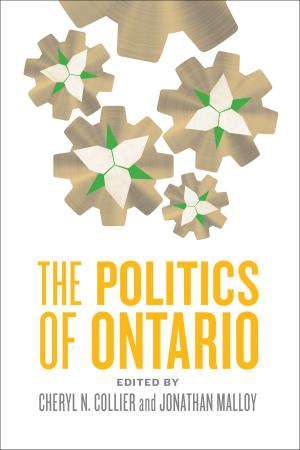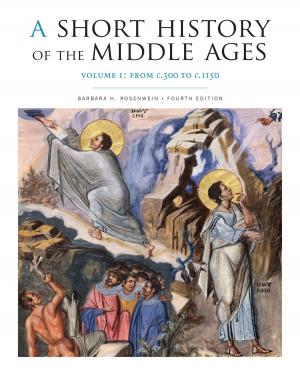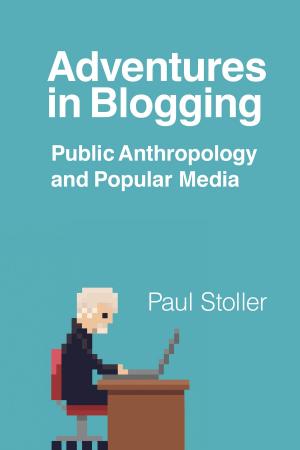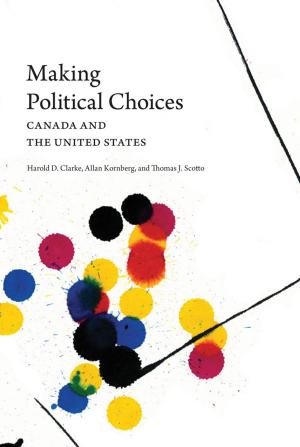White Lies About the Inuit
Nonfiction, Social & Cultural Studies, Social Science, Cultural Studies, Native American Studies, Folklore & Mythology, Anthropology| Author: | John Steckley | ISBN: | 9781442606715 |
| Publisher: | University of Toronto Press, Higher Education Division | Publication: | December 1, 2007 |
| Imprint: | Language: | English |
| Author: | John Steckley |
| ISBN: | 9781442606715 |
| Publisher: | University of Toronto Press, Higher Education Division |
| Publication: | December 1, 2007 |
| Imprint: | |
| Language: | English |
The Inuit are a familiar part of Canadian identity but also exotic residing in the remote Arctic. The mix of the familiar and the exotic has resulted in the creation and perpetuation of a number of "White Lies." These are stories that have been developed over long periods of time, reproduced in classrooms, anthropology and sociology textbooks, and other media, but have been rarely challenged, contributing to misunderstandings that have ultimately, in subtle ways, diminished the stature of Inuit traditional culture.
In this lively book, designed specifically for introductory students, Steckley unpacks three "White Lies"—the myth that there are fifty-two words for snow, that there are blond, blue-eyed Inuit descended from the Vikings, and that the Inuit send off their elders to die on ice floes. Debunking these popular myths allows him to illustrate how knowledge is shaped by Western social science, particularly the anthropology of the "Other," and that it can be flawed. In the process, students learn not only about Inuit culture, but about the difference between popular and scholarly research.
The Inuit are a familiar part of Canadian identity but also exotic residing in the remote Arctic. The mix of the familiar and the exotic has resulted in the creation and perpetuation of a number of "White Lies." These are stories that have been developed over long periods of time, reproduced in classrooms, anthropology and sociology textbooks, and other media, but have been rarely challenged, contributing to misunderstandings that have ultimately, in subtle ways, diminished the stature of Inuit traditional culture.
In this lively book, designed specifically for introductory students, Steckley unpacks three "White Lies"—the myth that there are fifty-two words for snow, that there are blond, blue-eyed Inuit descended from the Vikings, and that the Inuit send off their elders to die on ice floes. Debunking these popular myths allows him to illustrate how knowledge is shaped by Western social science, particularly the anthropology of the "Other," and that it can be flawed. In the process, students learn not only about Inuit culture, but about the difference between popular and scholarly research.
